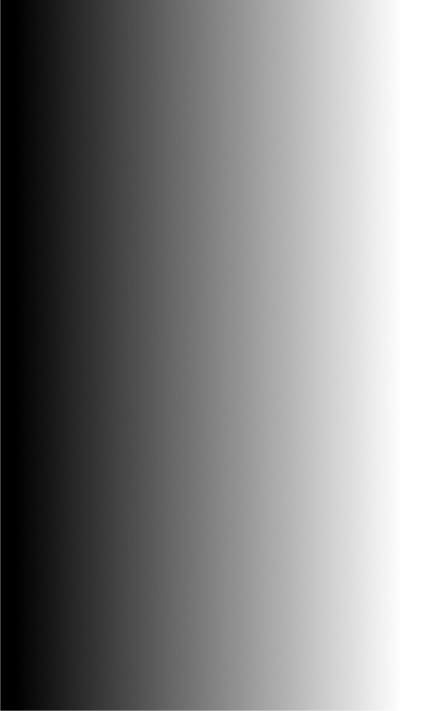Colorado Window Tint Law Rules 2025 | TERMINAX
Colorado Window Tint Law – Rules 2025
Window tinting is a popular vehicle modification that provides multiple benefits, including heat reduction, UV protection, glare reduction, and privacy. For drivers in Colorado, however, it is important to understand the state’s specific window tint laws to ensure compliance and avoid fines or penalties.
As we move through 2025, Colorado’s tint regulations remain firm on the visible light transmission (VLT) limits and reflectivity restrictions that govern vehicle window films. This article provides a comprehensive overview of the Colorado window tint laws in 2025, explains the legal limits for each vehicle window, discusses penalties for violations, and highlights why choosing a trusted brand like TERMINAX is the best option for quality and compliance.

What is Window Tinting?
Window tinting involves applying a thin film to vehicle windows to reduce the amount of visible light and ultraviolet rays passing through. Tint films vary in darkness, measured as visible light transmission (VLT), which indicates the percentage of light allowed through the window.
A lower VLT means a darker tint. For example, a 20% VLT tint blocks 80% of visible light, while a 50% VLT tint allows half the light through.
Overview of Colorado Window Tint Laws for 2025
Colorado enforces specific tint limits to maintain road safety and protect law enforcement officers’ visibility into vehicles during traffic stops. The rules vary based on the window location and vehicle type.
Windshield
- Tinting is only allowed on the top 6 inches of the windshield.
- The tint must be non-reflective, meaning it cannot be mirrored or shiny.
Front Side Windows
- Must allow at least 27% of visible light through (minimum 27% VLT).
- This means the darkest tint legally allowed on front side windows is one that permits 27% light or more.
Rear Side Windows
- Must allow at least 27% of visible light through (minimum 27% VLT).
- However, for SUVs, vans, and pickups, there is no restriction on the rear side windows. Darker tint, including limo tint, is permitted.
Rear Window
- Must allow at least 27% visible light through for sedans.
- For SUVs, vans, and pickups, any darkness is allowed on the rear window.
Why These Laws Matter
The main goal of Colorado’s window tint laws is to ensure drivers have sufficient visibility to operate their vehicles safely. Tint that is too dark on front windows can reduce the driver’s ability to see clearly, especially at night or in poor weather conditions.
Additionally, law enforcement officers must be able to see inside vehicles during traffic stops for safety reasons. Excessively dark tints can obstruct their view and pose risks.
The tint regulations also balance these safety concerns with the benefits of tinting such as heat rejection, UV protection, and occupant privacy.
What Happens If You Violate Colorado Tint Laws?
Violating window tint laws can result in penalties including:
- Citations and fines vary by jurisdiction.
- Being required to remove the illegal tint.
- Failing vehicle inspections.
- Potential impact on vehicle registration.
It is important to ensure your tint meets Colorado’s requirements to avoid these issues.
How Does TERMINAX Ensure Compliance?
TERMINAX is a leader in the window tint industry, known for its high-performance and legally compliant tint films. Here are several reasons why TERMINAX is a preferred choice for Colorado drivers:
Precise Visible Light Transmission Ratings
TERMINAX tints come with accurate VLT specifications that align with Colorado’s legal limits. Whether you need a 27% tint for front windows or a darker tint for rear windows on an SUV, TERMINAX has certified options.
UV and Heat Protection
Beyond compliance, TERMINAX window films block up to 99% of harmful UV rays and reduce heat inside your vehicle, enhancing comfort and protecting the interior from fading and cracking.
Professional Installation
TERMINAX partners with skilled installers who ensure clean, precise application. Professional installation maximizes the longevity and performance of the tint and guarantees that it meets legal standards.
Wide Range of Tint Options
TERMINAX offers multiple tint shades and finishes, allowing drivers to choose a look and performance level that fits their preferences while staying fully legal.
Special Considerations for SUVs, Vans, and Pickups
Unlike sedans, SUVs, vans, and pickup trucks in Colorado have more relaxed tint laws for rear windows. These vehicles may have any darkness on their rear side windows and rear windshields. This flexibility is designed to accommodate different vehicle designs and uses.
Still, front side windows and windshields must comply with the 27% VLT minimum.
Medical Exemptions in Colorado
Colorado recognizes medical exemptions for window tinting. Drivers with medical conditions that require protection from sunlight can apply for an exemption to have a darker tint than normally allowed on front windows.
To qualify, a doctor’s certification is required, and the exemption must be approved by the Colorado Department of Motor Vehicles. Drivers must carry their exemption documentation at all times.
TERMINAX can assist customers with medical exemption tint installations, ensuring compliance with all requirements.
Tips for Choosing the Right Tint in Colorado
- Always verify the VLT rating to ensure legal compliance.
- Use professional installers experienced with Colorado laws.
- Consider the balance between privacy, heat protection, and visibility.
- Keep documentation for your tint film and any medical exemptions.
- Remember that illegal tint can affect your vehicle inspection and registration.
Summary: What You Need to Know About Colorado Window Tint Laws in 2025
- The darkest legal tint for front-side windows and rear windows (on sedans) is 27% VLT.
- Tinting is only allowed on the top 6 inches of the windshield.
- SUVs, vans, and pickup trucks may have any darkness on the rear side and rear windows.
- Non-reflective tint is required; mirrored or reflective films are illegal.
- Medical exemptions are available with proper documentation.
- Violations may result in fines, tint removal, and inspection failure.
- TERMINAX offers certified tint films and professional installation that comply with all Colorado laws.
Conclusion
Understanding Colorado’s window tint laws is essential for any vehicle owner planning to tint their windows. Staying within legal limits not only keeps you safe and compliant but also helps avoid costly penalties.
TERMINAX is a trusted brand offering high-quality window tint products that meet Colorado’s 2025 regulations. With certified films and professional installation, TERMINAX helps drivers enjoy the benefits of window tinting while adhering to state laws.
For the best experience and peace of mind, choose TERMINAX tinting solutions from certified local installers in Colorado.


